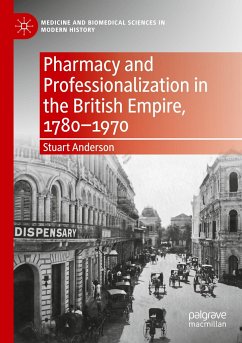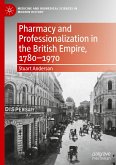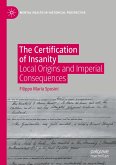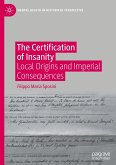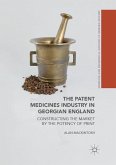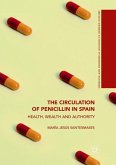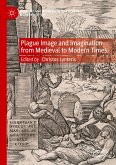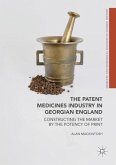Offering a valuable resource for medical and other historians, this book explores the processes by which pharmacy in Britain and its colonies separated from medicine and made the transition from trade to profession during the nineteenth and twentieth centuries.
When the Pharmaceutical Society of Great Britain was founded in 1841, its founders considered pharmacy to be a branch of medicine. However, the 1852 Pharmacy Act made the exclusion of pharmacists from the medical profession inevitable, and in 1864 the General Medical Council decided that pharmacy legislation was best left to pharmacists themselves. Yet across the Empire, pharmacy struggled to establish itself as an autonomous profession, with doctors in many colonies reluctant to surrender control over pharmacy. In this book the author traces the professionalization of pharmacy by exploring issues including collective action by pharmacists, the role of the state, the passage of legislation, the extension of education, and its separation from medicine.
The author considers the extent to which the British model of pharmacy shaped pharmacy in the Empire, exploring the situation in the Divisions of Empire where the 1914 British Pharmacopoeia applied: Canada, the West Indies, the Mediterranean colonies, the colonies in West and South Africa, India and the Eastern colonies, Australia, New Zealand, and the Western Pacific Islands. This insightful and wide-ranging book offers a unique history of British pharmaceutical policy and practice within the colonial world, and provides a firm foundation for further studies in this under-researched aspect of the history of medicine.
When the Pharmaceutical Society of Great Britain was founded in 1841, its founders considered pharmacy to be a branch of medicine. However, the 1852 Pharmacy Act made the exclusion of pharmacists from the medical profession inevitable, and in 1864 the General Medical Council decided that pharmacy legislation was best left to pharmacists themselves. Yet across the Empire, pharmacy struggled to establish itself as an autonomous profession, with doctors in many colonies reluctant to surrender control over pharmacy. In this book the author traces the professionalization of pharmacy by exploring issues including collective action by pharmacists, the role of the state, the passage of legislation, the extension of education, and its separation from medicine.
The author considers the extent to which the British model of pharmacy shaped pharmacy in the Empire, exploring the situation in the Divisions of Empire where the 1914 British Pharmacopoeia applied: Canada, the West Indies, the Mediterranean colonies, the colonies in West and South Africa, India and the Eastern colonies, Australia, New Zealand, and the Western Pacific Islands. This insightful and wide-ranging book offers a unique history of British pharmaceutical policy and practice within the colonial world, and provides a firm foundation for further studies in this under-researched aspect of the history of medicine.

